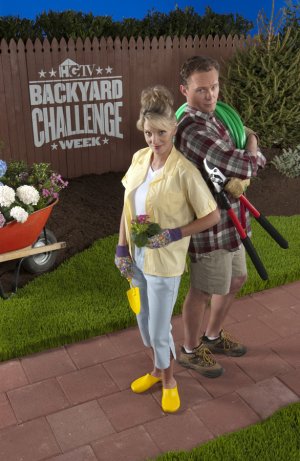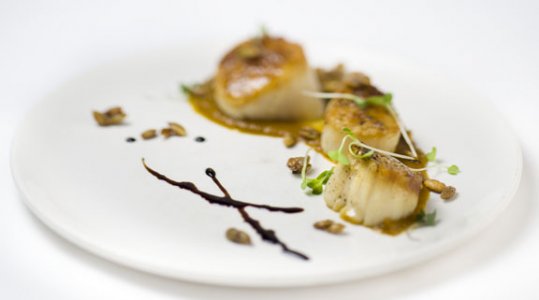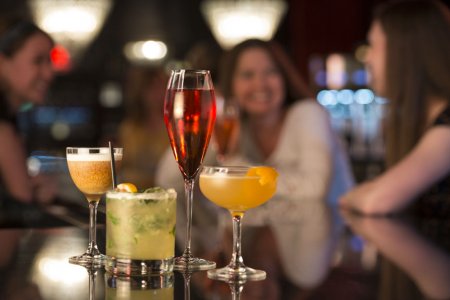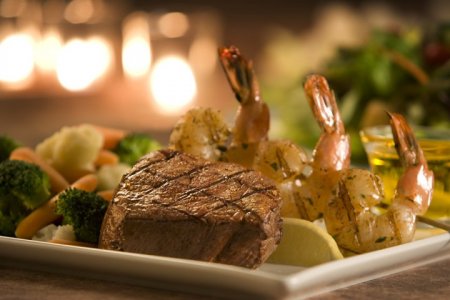I am not sure if this is going to exceed the limits of this thread, but can you please briefly elaborate on "good liability policy" (particularly for hobbyists/amateurs, because for a professional shoot, it just is part of the price of the production).
What are key points I would want to make sure are covered? Do you have a policy for just a planned shoot (or all year long on all your photographic ventures)? What kind of pricetag are we talking about?
And to come back to the shoot in a restaurant - maybe setting up in a studio / rental space is not so far off any more, if you consider it is a way more controlled situation.
I apologize for rolling in with a bunch of questions that may or may not belong here.
Oh, and my questions refer to the US - I am aware that can be totally different in other parts of the world.
(I lived in Germany for 40plus years and I was better informed there...)
The best thing would be to talk to an insurance agent. Rates and plans most likely vary in different parts of the country.
I don’t remember what I was paying when I was really active but in the last few years I was semi retired and had a better rate because I was semi retired.
I don’t remember the specifics but you want coverage if a light falls and hits someone in the head and injures the and want coverage incase you plug in a light and it shorts out and burns the building down. You have to cover injuries if your assistant gets injured and can’t work for a while.
Basically you need to have coverage for all situations where you’re liable for any thing that could happen.
My assistant and I were moving a large heavy sheet of plate glass in my studio. I guess it weighed over 150 pounds and we carefully picked it up vertically supporting it from each side. There shouldn’t have been any stress on it but it exploded into thousands of pieces. My main studio was 50x60 feet and glass went into every corner. My assistant was wearing shorts and somehow got a pretty good size chunk of glass in the back of his leg.
I rushed him to the emergency room where they removed the glass and stitched him up. Tom understood it was just one of those freak things and no negligence was involved. My insurance took care of all the bills and life went on. If he had lost an eye or leg my insurance would have paid off up to the limit. I don’t remember the limit but it was in the millions.
Liability insurance only covers costs and should something really go wrong like the Alec Baldwin’s situation where he accidentally shot and killed the cinematographer on the set of his movie, you’re still subject to civil lawsuits and criminal prosecution.
When I was semi retired I carried a trimmed down policy because I knew my exposure to risk was minimal because of the clients and kind of jobs. They would do a six month or a year and I paid $101 per year which is pretty cheap. I had multi million dollar coverage that covered pretty much any situation I’d be in.
I used to do the SmithKline Beecham veterinary product photography which involved products and shooting prize animals on location.
One shoot I was working with a best of breed young steer. It got spooked and took off and tried to jump an electric fence but got its hooves caught in the live wires and wound up hanging upside down in it. I thought we were going to have a $500,000 BBQ that day but fortunately someone saw it and shut the fence off. The fence had to be cut to get the animal out but fortunately it was ok.
I’ve had a few other close ones but fortunately nothing really serious and only one case where the insurance had to pay.
I did a couple of large shoots in national parks in Tennessee and Utah. The department of interior requires a pretty hefty policy just incase the generator you’re using for lights starts a forest fire. Imagine that.
Contact a couple of agents and explain what you’re doing and get them to quote policies with different coverage. You’re more likely to get a good rate with the company that has your car and home insurance if they’re a local agent. They may even tack a rider on your homes liability policy since you’re not a pro.
You want to take precautions on shoots where you have tripods, lights and cables around. Many studio lights come with either safety chains or cords to prevent a light from falling should something happen. Use gaffer tape to tape electrical cords to the floor where no one can trip on them. There are rubber guards that cover electrical cords that are a good idea too but taping them down is ok. Also if you’re using equipment around children have someone watching to make sure they don’t pull something over or stuck their finger in a strobe head. I had a little girl poke her finger in a live strobe head and I caught her before she was injured.
Best of luck. Hope this helps.
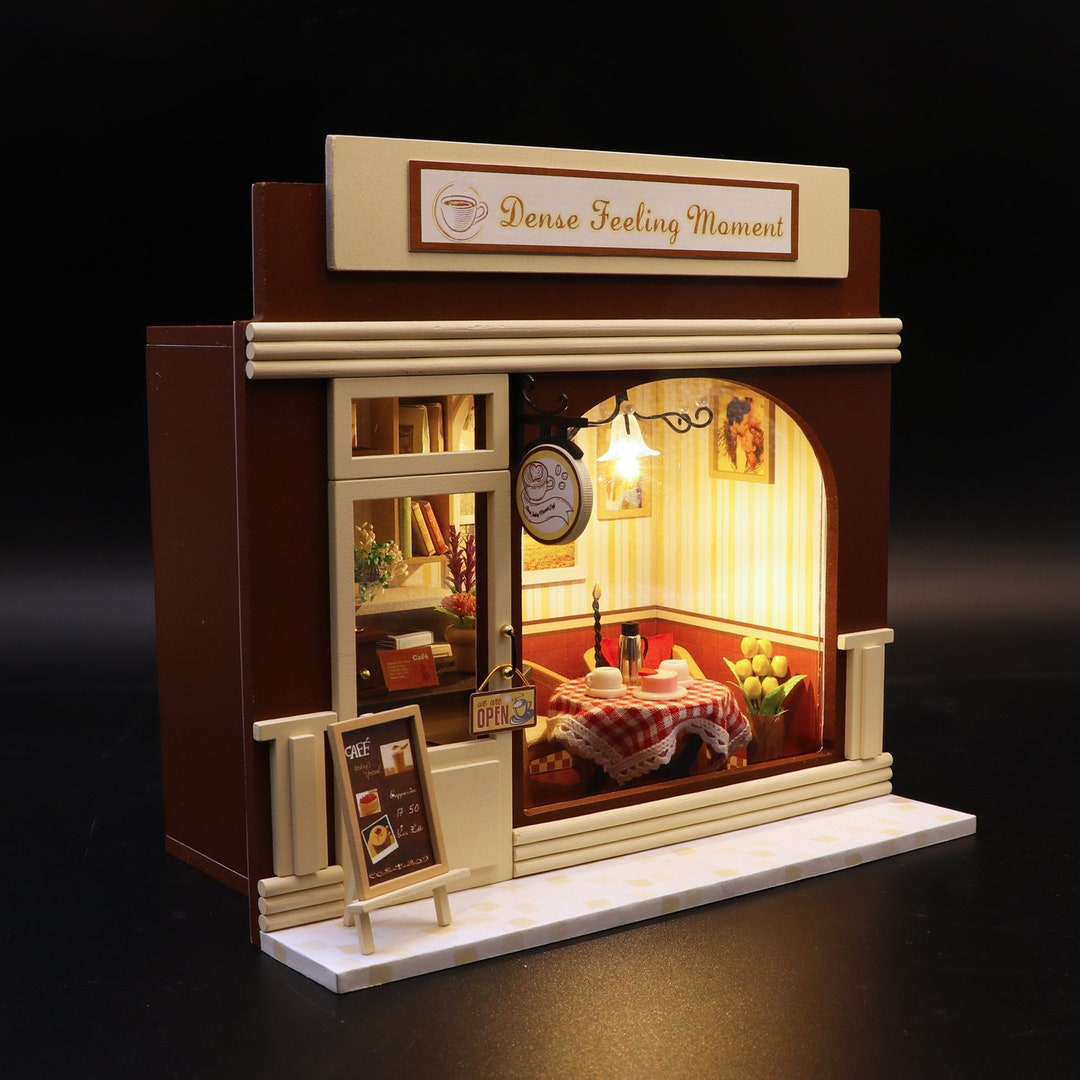
 www.etsy.com
www.etsy.com


